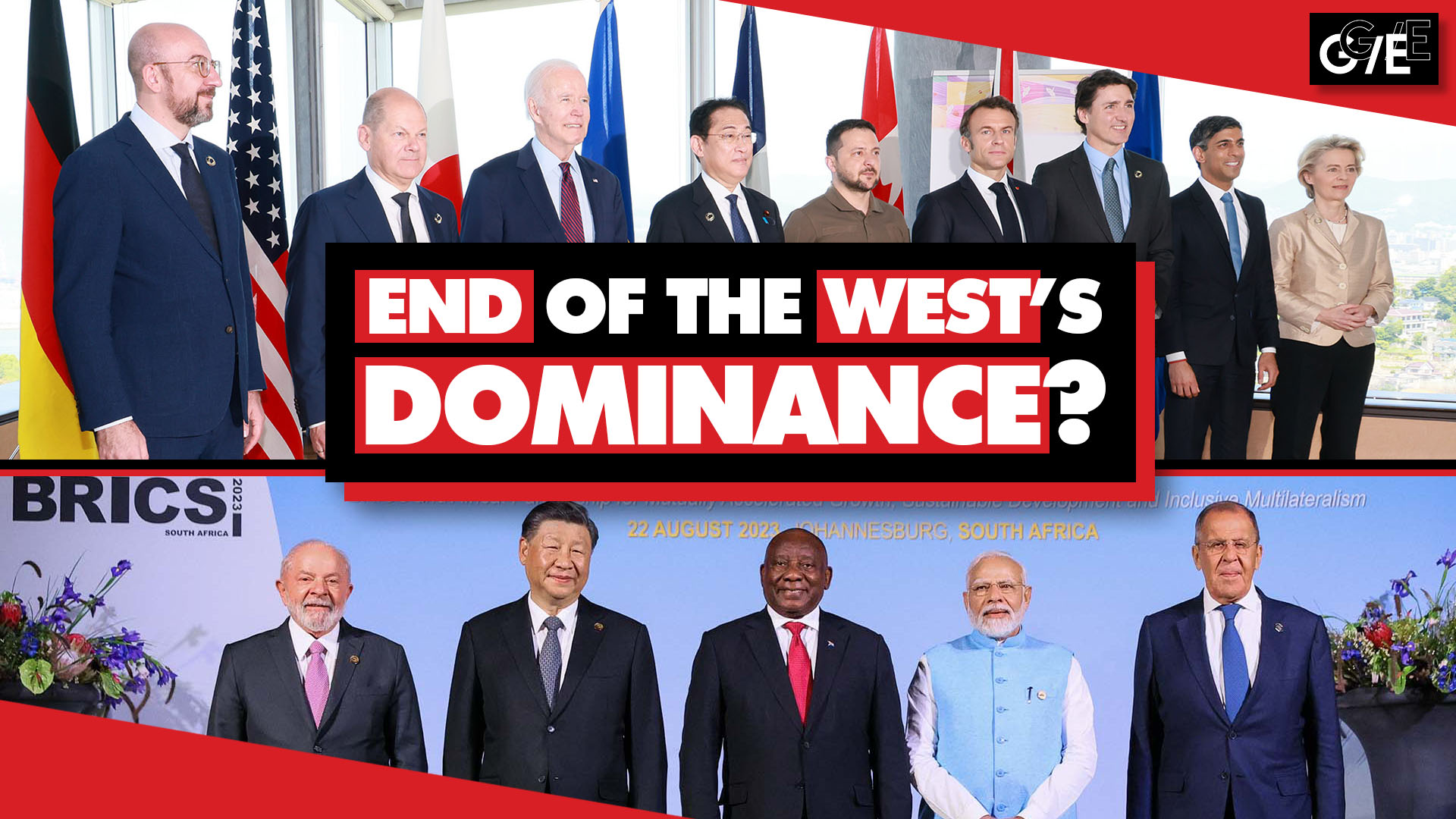
Examining the Discrepancy: Why Google’s Assertion of ‘Hundreds of Competitors’ is Questionable in the Face of DOJ Investigation
Google, the tech giant known for its dominance in the online advertising industry, is currently facing an antitrust jury trial brought upon by the U.S. Department of Justice (DOJ). In their defense, Google has claimed that the DOJ has a “narrow view” of the ad tech market and that advertisers and publishers have many alternatives to choose from. However, upon closer examination, it becomes clear that Google’s assertion of “hundreds of competitors” is misleading and questionable.
While it is true that there are numerous ad tech providers in the market, Google overwhelmingly dominates key market segments such as ad exchanges, ad networks, and demand-side platforms. In fact, the gap between Google’s market share and that of the second-largest competitor, Microsoft, is vast and has remained so for many years. This level of dominance raises concerns about fair competition and consumer choice.
Furthermore, the claim that advertisers and publishers have free choice when it comes to selecting ad tech providers is also questionable. In a recent SMX conference, Michael King of IPullRank highlighted the immense amount of data that Google collects in just 13 months, a feat that would take other companies 17 years to achieve. This data advantage gives Google a significant edge in the industry, making it difficult for competitors to match their offerings.
Another aspect that undermines Google’s claim is the increasing cost of online advertising. Several reports this year have shown that advertising costs have been on the rise, making it less affordable for businesses, especially small ones. This contradicts Google’s argument that their fees are lower than the industry average, as businesses continue to face financial challenges when it comes to online advertising.
Experts in the field have also weighed in on the issue. Robert Brady, founder of Righteous Marketing, points out that Google fails to mention its overwhelming dominance in search, which provides them with valuable search intent data. This advantage allows Google to leverage its other ad tools and maintain its stronghold in the industry. On the other hand, Sam Tomlinson, EVP and Director of Digital Strategy of Warschawski, raises concerns about the DOJ’s market definition and the difficulty in assessing Google’s fees compared to others. Despite these differing opinions, both agree that small businesses will likely suffer the most if the DOJ wins the case, as any breakup or restructuring would result in additional costs passed onto advertisers.
The trial will ultimately determine whether Google’s claims hold up against the DOJ’s evidence of anticompetitive practices. If the DOJ achieves a positive outcome, it could potentially reshape the digital advertising landscape. The trial represents a pivotal moment in the industry, as it will test the boundaries of competition and examine the impact of Google’s dominance on choice, costs, and publishers.
In conclusion, Google’s assertion of having “hundreds of competitors” is misleading when considering their overwhelming dominance in key market segments. Advertisers and publishers do not have true free choice, as Google’s data advantage and market position give them a significant advantage over competitors. The increasing cost of online advertising further undermines Google’s claims of affordability. As the trial progresses, the outcome will have far-reaching implications for the digital advertising industry, potentially leading to a more transparent and competitive ecosystem.
